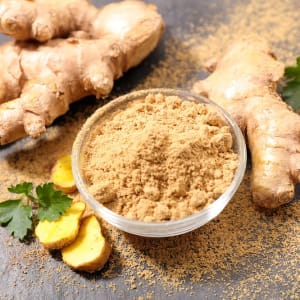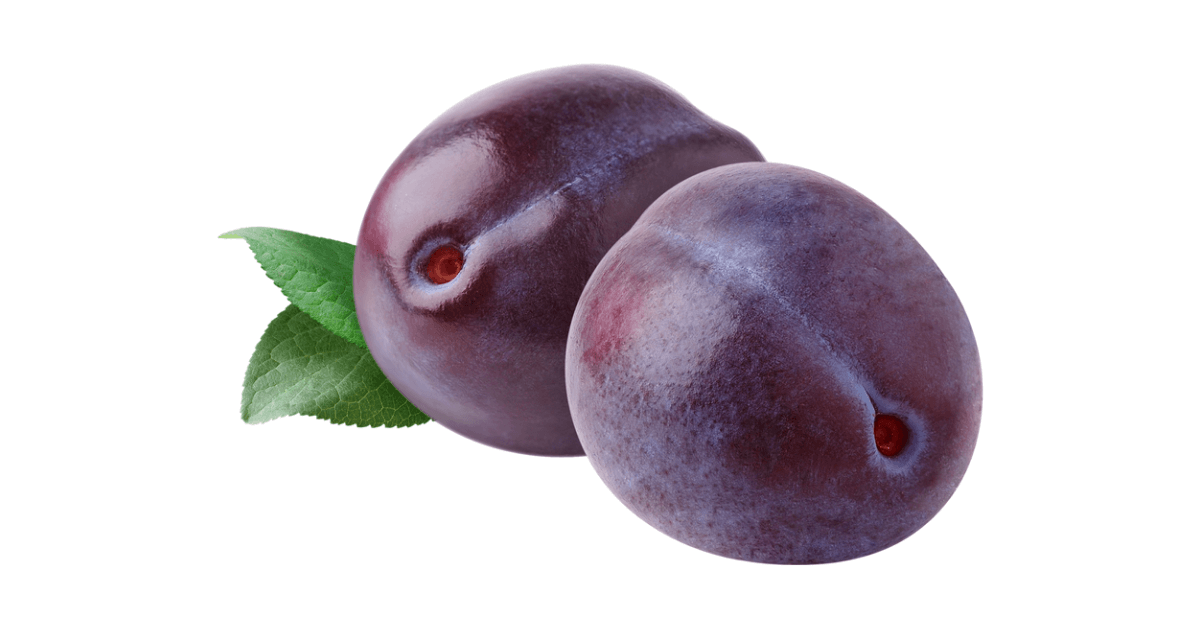Introduction
Ginger is a magical plant on Earth with uncountable health benefits.
Ginger is a commonly used condiment in daily life at home. It is often processed into shreds, slices, mince, and juice for dishes. It is an indispensable seasoning for stir-frying, boiling, stewing, steaming, and mixing. We stew meat, boiled fish, and make stuffing. When eating crabs, we always add a little ginger, enhancing the flavor and freshness and removing the fishy smell. When we eat crabs, we peel and chop the Ginger and add it to rice vinegar to detoxify them and reduce their coldness.
History of Ginger use for treatment of disease
The history of eating Ginger is quite long. According to legend, Shennong tasted hundreds of herbs to identify the properties of the medicine. He accidentally ate poisonous mushrooms and fell into a coma. When he woke up, he found a clump of green grass where he was lying. Shen Nong plucked it, put the root in his mouth, and chewed it. Not long after, my stomach growled, and after the diarrhea, I felt ultimately better. Shennong’s surname was Jiang, so he named the sharp-leaf grass “Ginger”.
It means it has magical effects and can bring you back to life. As early as more than 2,000 years ago, Confucius knew that eating Ginger was of great benefit. In “The Analects of Confucius·Xiangdang,” he said, “don’t eat ginger, don’t eat too much,” which means that Confucius eats Ginger all year round but doesn’t overeat. He has a habit of chewing several slices of Ginger after each meal. Confucius lived to be 73 years old, which is considered a long life in the spring and Autumn periods. This is inseparable from Confucius’s healthy diet and hygiene habits, which Ginger contributed. Zhu Xi, a master of Neo-Confucianism in the Southern Song Dynasty, further explained Confucius’s hobby of eating Ginger in “Analects of Confucius,” saying that Ginger can “connect the gods and remove filth and evil, so it cannot be withdrawn.”
Ancient linguistic Proverbs regarding Ginger
There are also famous sayings: “Eating radish in winter and ginger in summer will save the doctor from prescribing medicine” and “eating three slices of ginger in the morning is better than drinking ginseng soup.” Ginger is used as a condiment and has high medicinal value. Health practitioners have regarded it as a good medicine for health care and disease treatment since ancient times. Many stories about Ginger have been circulated.
An ancient story about Ginger
There is also a story about Su Shi and his friends having a drinking party: Su Shi once drank with his friend Jiang Zhizhi and others. When he was happy, Jiang Zhizhi proposed a drinking party and told the guests that the guests were unthinkingly named after Chinese medicine. Jiang pointed at Su and said: “You are the name of the medicine: Zisu Zi.” Su also said: “Your name is also the name of the medicine, either Pinellia ternata or Magnolia officinalis.” Jiang asked the reason, and Su said: “If not Pinellia ternata and Magnolia officinalis, how can we say “Zhi”? So it is “made by ginger.” Su Shi’s fluent drinking orders are very appropriate and excellent.
Ginger in ancient poetry
Ginger was mentioned many times in his poems. For example, when Su Dongpo was the governor of Yangzhou, he left many praises for Huaiyang cuisine: “Fresh crucian carp has been secretly fermented for many years, and the purple crab with umbilical cord fills the belly with fat. Later spring the water shield is as alive as crispy, and the ginger sprouts are fatter than the meat. The birds are so abundant, and the dishes are also delicious. “This poem “Yangzhou uses local things to send young people to travel” can be regarded as a history textbook of Huaiyang cuisine. The dish made from the Ginger sprouts it mentions is one of the classics of Huaiyang cuisine. In his poem “Obtaining yellow ear fungus in the garden with Shen Liaoshi,” Su Shi mentioned bud ginger: “The yellow ear fungus suddenly grew in Lao Chu, and the old friend also got white bud ginger. Xiao Ran put the chopsticks to the southeast, and there were bamboo shoots in Chunshan. Fern Township.” Xu Xiake was a traveler in the Ming Dynasty.
He traveled alone and traveled long distances. Getting sick was a hazardous thing. One essential thing in Xu Xiake’s luggage is Ginger. He has the habit of chewing Ginger every morning. Ginger can promote the growth of Yang Qi, making people energetic and energetic. When sleeping in the open air, moisture invaded, and he occasionally felt cold; he would immediately “drink a large bowl of ginger soup and cover it with clothes; he would sweat profusely, and after a while, he would start to feel refreshed.”
Properties of Ginger and its effects on the human body
Ginger is warm in nature and pungent in taste. It enters the lung, stomach, and spleen meridians and has the effects of dispelling cold, stopping vomiting, and detoxifying. According to measurements, Ginger contains spicy and aromatic volatile oils. The main components in the oil are gingerly, zingiberene, gingerol, gingerol, borneol, linalool, central, etc. In addition, Ginger contains asparagine, glutamic acid, aspartic acid, serine, glycine, threonine, alanine, and other ingredients. It has the effects of dispelling cold and relieving the surface, reducing qi and relieving vomiting, resolving phlegm, and relieving cough. It treats wind and cold, aversion to cold and fever, headache and nasal congestion, cold stomach and vomiting, cough with cold phlegm, fullness, and diarrhea. “Daily Materia Medica” records ginger “cures typhoid, colds, headaches, and disadvantages in the nine orifices. It enters the lungs and stimulates the stomach, removes cold air in the abdomen, and relieves odor and filth. It also relieves the toxins of mushrooms.” “Compendium of Materia Medica” also states, “When used raw, it can be dispersed. When used cooked, it can relieve throat paralysis caused by poisoning caused by eating wild birds. Dip the juice into red eyes, pound it, and boil it with yellow gelatin to treat rheumatic pain. Take a piece of Ginger in your mouth when walking in the mountains in the morning to avoid the mist and dew. Qi and Shanlan are evil.”
Pharmacological research on Ginger
Modern pharmacological research believes that Ginger has antibacterial and anticancer effects, and the zinger one and zingingerenone contained in Ginger have significant inhibitory effects on typhoid bacilli, dysentery bacilli, Vibrio cholerae, salmonella, Staphylococcus aureus, Pseudomonas aeruginosa, etc. Effect: It also kills skin pathogenic bacteria and Trichomonas vaginalis. After the human body takes ginger gingerol in ginger, it can produce an antioxidant enzyme, which has a solid ability to deal with oxygen-free radicals and is much more potent than vitamin E, so it has anti-oxidation and anti-aging effects. Americans discovered that ginger Gingerns have a unique substance similar to salicylic acid. This substance is extracted and diluted as a blood thinner, which exceptionally lowers blood lipids and blood pressure, preventing thrombosis and myocardial infarction. Ginger also has anti-rheumatic effects.
Professor Kiesner of Denmark’s Odans University said that patients with rheumatoid arthritis who eat ginger every consecutive month can significantly reduce swelling and pain symptoms and relieve joint stiffness. Japanese scholars pointed out that eating three servings of ginger Gingerime, One-third of a teaspoon of ginger powder, three times a day, for some time miraculously affects rheumatoid arthritis. Its unique “gingerol” can stimulate the gastrointestinal mucosa, cause gastrointestinal congestion, and enhance digestion. It can effectively treat abdominal distension, abdominal pain, diarrhea, vomiting, etc., caused by overeating cold food. At the same time, it can dilate blood vessels, accelerate blood circulation, and promote the opening of pores in the body. This can not only remove excess heat but also germs and cold air from the body. When the body eats cold things, is exposed to rain, or stays in an air-conditioned room for a long time, ginger Gingeromptly eliminates various discomforts caused by coldness.




